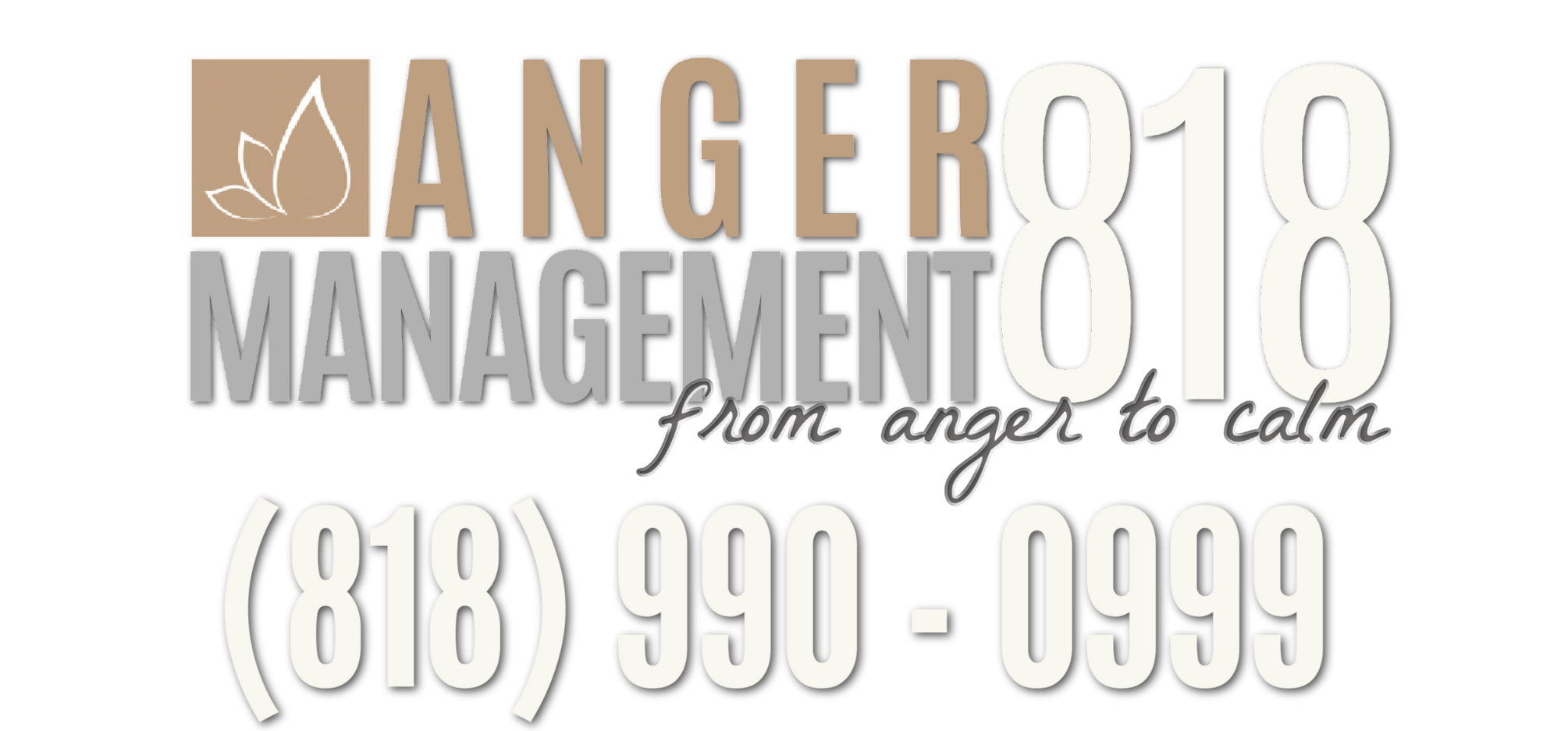An angry person does not necessarily identify themselves as the one with the problem. Rather, the angry person believes that others in their surrounding are the ones with the issue. A common thought is, “If only others could drive the way I do, handle situations to my preference, and follow the unwritten rules that everyone should know, everything would be okay.” Unfortunately, such thoughts and beliefs are unrealistic and may trigger angry and frustrating feelings throughout one’s daily life.
Generally, people do not seek anger management because they think they have a problem. They are encouraged by their loved ones, co-workers, or friends, and as a result, decide to take some anger management classes. When a legal matter arises, the judge can order a person to take anger management. Court Ordered Anger Management classes can be sentenced and mandated to an individual for misdemeanor crimes such as disturbing the peace, altercations, destruction of property, threatening behavior, and/or battery charges.
It is important to remember that court-ordered Domestic Violence or Batterer’s Intervention classes are entirely different from court-ordered Anger Management classes! Court-ordered Domestic Violence classes are typically the result of a violent act within the family, primarily between the couple. Batterer’s Intervention Program should NOT be confused with the court-ordered Anger Management class. Court-approved Anger Management classes are related to one’s loss of control with temper, which leads to aggressive behavior towards others and/or properties. Events such as road rage, bar fights, aggressive neighbor disputes, property destruction, and crossing personal boundaries are just a few examples in which Anger Management classes can be court-ordered.
If such acts have been committed, the judge will often require court-ordered Anger Management classes in lieu of jail time. It is reasonable to say that an anger management program would be a more beneficial option for the offender because they are given the chance to learn the necessary anger management skills to better cope with difficult situations rather than just being sent to jail.
Court-approved Anger Management classes can teach skills to help improve interpersonal relationships. Our Court Ordered Anger Management classes also provide tools to explore and apply effective anger management skills to manage stress and teach assertive communication. Additional anger management skills include increasing empathy, improving judgment, managing impulse control, developing boundary setting, understanding triggers, staying calm, and incorporating self-talk. Our Anger Management program is committed to providing a structured environment for our participants to comprehend and retain the anger management strategies we provide, giving them the necessary anger management tools to help make consistent healthy decisions in their daily lives.
Court-ordered Anger Management classes are often viewed as castigatory by the one required taking the anger management class, however, it can also be a life-changing experience if given the opportunity. Many of our court-mandated anger management clients have expressed their misconception of the anger management class being similar to one taking traffic school or watching a boxing match. Anger management participants are often pleasantly surprised to experience Anger Management classes being different from their initial perception. Participants usually report experiencing an improvement in managing their anger following two anger management classes. Many report the importance of learning anger management skills at a younger age, since the anger management strategies are helpful with interpersonal interactions within the family, school, workplace, and social settings. We are proud to see the public perception finally shifting.
When the court orders a participant to take Anger Management classes, oftentimes it means to complete 26 weeks or 26 sessions, unless the order specifies a different number. Though Anger Management 818 offers accelerated anger management classes, please be sure to check whether the judge specified for you to not take more than 1 anger management class per week. Since it takes time to process what one learns in an anger management class, and to practice the newly learned anger management skills, the theory is that if a person exceeds one Anger Management class each week, it may not permit enough time for a participant to make as much progress to manage their anger.
If you or someone you know has been court ordered to complete Anger Management classes, it might be the beginning of a new world. Get ready, sit tight, and enjoy the ride in gaining freedom from aggression and the law!
